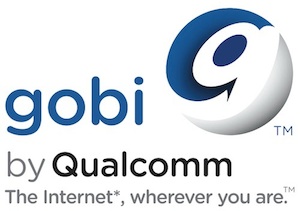Thought Flash was gone forever? Adobe wants you to think again.
While they announced the halted development of the Flash plugin for all mobile platforms in Q4 of last year, Adobe clearly still has plans for everyones’ favorite/least favorite multimedia platform, as made evident by the roadmap released today. The PDF that showed up on Twitter early this morning gives a much clearer picture of where Adobe is going to continue to develop and support Flash.
They are planning to narrow focus to two priority areas: what they are calling “premium video” and gaming. The latter is targeted for using Flash as a browser-based gaming solution, where it has already dominated for years. As far as the former, Adobe says they want to collaborate better with their partners in order to bring native video streaming and content protection technology to more platforms.
The roadmap lays out a fairly aggressive intended release cycle beginning with Flash Player 11.2 in Q1 of this year and continuing with a Q2 release and more in the second half of the year. Additionally, it goes on to discuss what they call Flash Next which is said to “ensure that the Flash runtimes meet the needs of developers over the next five to 10 years.” Does that sound like a dead platform to any of you?
Source: Adobe (PDF)
Via: Steve Troughton-Smith (Twitter)





